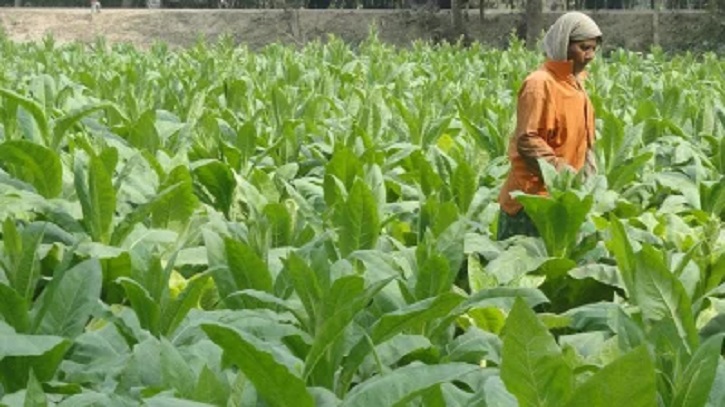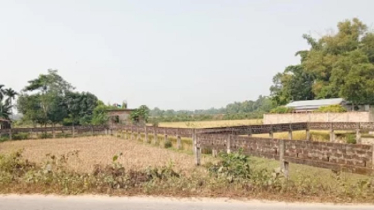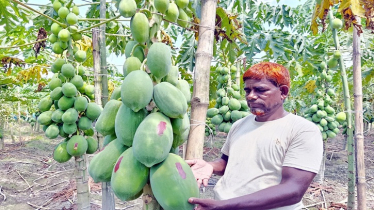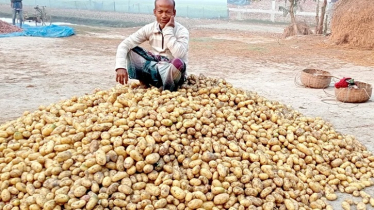
Across the country, the aggressive promotion of tobacco cultivation by tobacco companies is leading to increased farming of the crop, damaging soil fertility and posing a growing threat to national food security. The Ministry of Agriculture’s inaction in addressing the issue has raised questions about the government’s overall commitment to tobacco control efforts.
Speakers expressed these concerns at a discussion held on Thursday at the WBB Trust’s Kaibarta conference room, organized by the Bangladesh Anti-Tobacco Alliance to mark National No Tobacco Day. The meeting, chaired by Helal Uddin Ahmed, general secretary of Protyasha, a drug prevention organization, called for the finalization of a comprehensive policy to restrict tobacco cultivation and for official government recognition of National No Tobacco Day.
This year’s theme for the observance was “Tobacco Farming on Agricultural Land: A Disaster for Food Security.” Participants emphasized the urgent need to finalize the tobacco cultivation control policy to safeguard the country’s food systems and farmlands.
The event was moderated by Syeda Anannya Rahman, program head of WBB Trust. Among the speakers were policy analyst and lawyer Syed Mahbubul Alam, Vital Strategies technical consultant Aminul Islam Sujon, Aid Foundation’s Tobacco Control Project Director Shagufta Sultana, and DAS Team Lead Aminul Islam Bokul. The keynote presentation was delivered by project officer Mithun Baidya.
Syed Mahbubul Alam said, “Food security must be given top priority. We still rely on imports to meet domestic food demand, yet we are destroying the fertility of our agricultural land through tobacco cultivation. Tobacco companies exploit developing countries like ours by taking advantage of cheap labor and weak regulatory systems.”
Despite being well aware of the harmful effects of tobacco, farmers in riverbank areas are being lured into tobacco farming through the aggressive influence and incentives of tobacco companies, the speakers added.





